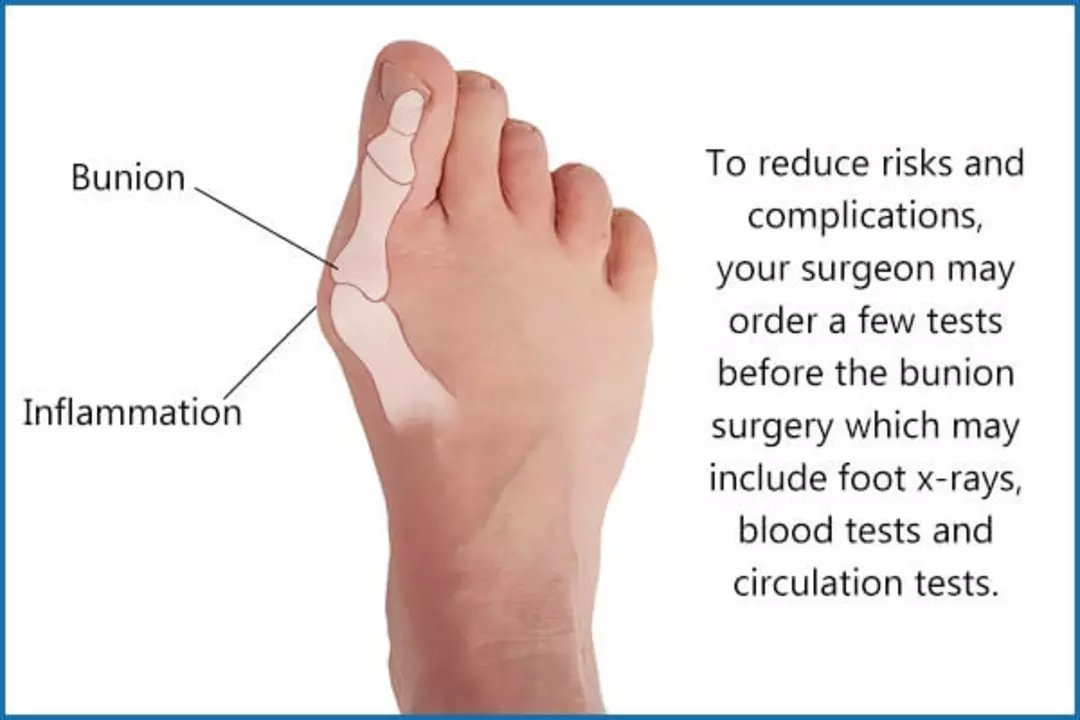Understanding Postoperative Inflammation of the Eyes
Before diving into the tips for managing postoperative inflammation of the eyes, it's essential to understand what causes this condition. Inflammation is a natural response of our body to any injury, surgery, or infection. After an eye surgery, it's common to experience some degree of inflammation as the body tries to heal the affected area. This inflammation may manifest in the form of redness, swelling, pain, or even temporary vision changes. While some degree of inflammation is expected, it's crucial to manage and minimize it to ensure a smooth recovery process and avoid complications.
Using Anti-Inflammatory Medications
One of the most common and effective ways to manage postoperative inflammation of the eyes is by using anti-inflammatory medications. Your doctor may prescribe these medications in the form of eye drops, oral medications, or even injections, depending on the severity of the inflammation and the specific surgery you underwent. It's important to follow your doctor's instructions and use these medications as prescribed to help reduce inflammation and promote healing. Additionally, remember to inform your doctor of any allergies or other medications you may be taking to avoid potential interactions or side effects.
Applying Cold Compresses
Using cold compresses is another simple yet effective method to help manage postoperative inflammation of the eyes. Applying cold compresses to the affected area can help reduce swelling, alleviate pain, and provide a soothing effect. To make a cold compress, simply take a clean cloth, soak it in cold water, and gently place it over your closed eyes for about 10-15 minutes. You can repeat this process several times a day, but make sure to use a clean cloth each time to reduce the risk of infection. Remember not to apply too much pressure or use ice directly on the skin, as it may cause further damage or irritation.
Maintaining Good Eye Hygiene
Keeping your eyes clean and maintaining good eye hygiene is crucial in managing postoperative inflammation and preventing potential complications. It's essential to avoid rubbing or touching your eyes, as this may introduce bacteria and increase the risk of infection. If you feel any discomfort or itching, use a clean tissue to gently dab the area around your eyes instead of rubbing them. Additionally, make sure to clean your hands thoroughly before and after applying any eye drops, and follow your doctor's instructions on how to clean the area around your eyes after surgery.
Protecting Your Eyes from External Irritants
Another essential aspect of managing postoperative inflammation of the eyes is protecting them from external irritants that may exacerbate the inflammation or hinder the healing process. Some common irritants include dust, smoke, strong wind, and bright light. To protect your eyes, consider wearing sunglasses or a wide-brimmed hat when outdoors, especially on sunny days. Additionally, try to avoid smoky or dusty environments, and use a humidifier in your home to maintain a comfortable level of humidity. If you work on a computer or engage in other activities that may strain your eyes, remember to take regular breaks and practice the 20-20-20 rule: every 20 minutes, look at something 20 feet away for 20 seconds.
Monitoring Your Progress and Communicating with Your Doctor
Lastly, it's crucial to closely monitor your progress and communicate any concerns or changes in your condition to your doctor. Regular follow-up appointments will allow your doctor to assess your recovery, adjust your treatment plan if necessary, and address any potential complications early on. Make sure to inform your doctor if you experience any significant changes in your vision, increased pain, or signs of infection, such as increased redness, swelling, or discharge. By staying proactive and maintaining open communication with your healthcare team, you can effectively manage postoperative inflammation of the eyes and ensure a successful recovery.


Write a comment